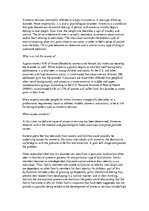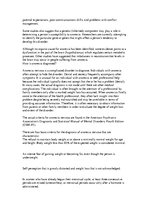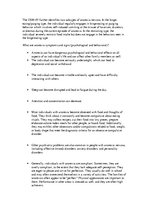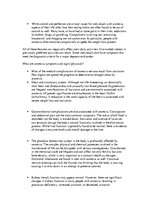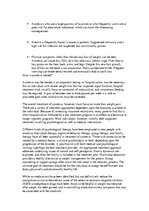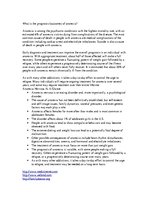-
Anorexia Nervosa
While no medications have been identified that can definitively reduce the compulsion to starve themselves, some of the selective serotonin reuptake inhibitor (SSRI) antidepressant drugs have been shown to be helpful in weight maintenance after weight has been gained, and in controlling mood and anxiety symptoms that may be associated with the condition.
What is the prognosis (outcome) of anorexia?
Anorexia is among the psychiatric conditions with the highest mortality rate, with an estimated 6% of anorexia victims dying from complications of the disease. The most common causes of death in people with anorexia are medical complications of the condition including cardiac arrest and electrolyte imbalances. Suicide is also a cause of death in people with anorexia.
Early diagnosis and treatment can improve the overall prognosis in an individual with anorexia. With appropriate treatment, about half of those affected will make a full recovery. Some people experience a fluctuating pattern of weight gain followed by a relapse, while others experience a progressively deteriorating course of the illness over many years and still others never fully recover. It is estimated that about 20% of people with anorexia remain chronically ill from the condition.
As with many other addictions, it takes a day-to-day effort to control the urge to relapse. Many individuals will require ongoing treatment for anorexia over several years, and some may require treatment over their entire lifetime.
Anorexia Nervosa At A Glance
• Anorexia nervosa is an eating disorder and, more importantly, a psychological disorder.
…
Par anoreksiju - klinika, pazīmes kā atpazīt, sekas.

